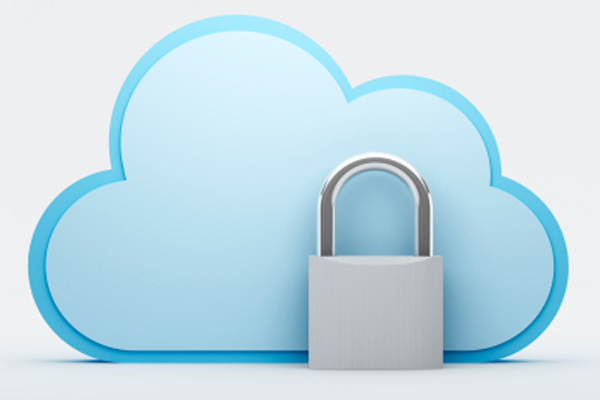 Security has long been one of the greatest concerns in the transition to cloud computing. Many companies, particularly those who haven’t adopted any cloud technology, are afraid their business and customer data will be at risk.
Security has long been one of the greatest concerns in the transition to cloud computing. Many companies, particularly those who haven’t adopted any cloud technology, are afraid their business and customer data will be at risk.
In truth, some of that fear is overdramatized. Most cloud computing providers are highly secure. They have to be: Even one small slip-up can erode trust and chip away at their customer base. In fact, many cloud vendors offer products more secure than those on in-house servers, particularly for SMBs. They have greater resources than smaller businesses to invest in IT security. Because of all that, cloud data breaches are currently very few.
However, the concern has always been – and remains – that relying on cloud vendors means a loss of direct control when it comes to security. It is impossible to know for sure that your business information is properly secured when it’s in another company’s hands. That requires trust, which can be scary. However, there are steps you can take to make sure that data is as safe as possible.
Research the vendor’s security policy
You can’t expect to feel safe if you don’t know exactly how your business data is both stored and secured. When you’re shopping for cloud vendors, make sure you find out exactly how the company addresses security. What measures are in place to keep your data safe, and how are they enforced? Who has access to your company data and when? What happens if a breach does occur?
Encrypt, encrypt, encrypt
Many vendors offer data encryption as part of their service. They make sure your data is encrypted on your own devices and in the cloud. Some vendors offer encryption so secure that they can’t even access your information. However, keep in mind that there’s no way to completely guarantee your data has been properly encrypted. The best way to feel good about this is to choose an established and reputable vendor.
Use multi-factor authentication
Multi-factor authentication provides a second or even third layer of security when employees log on to business applications, secure networks, web portals and the like. Rather than just entering a username and password (something they know) employees also have to provide something they have (a token or secure mobile app) and perhaps something they are (biometrics) to be authenticated as a legitimate user. Security experts have long emphasized this as absolutely crucial, but many companies have not heeded the warning.
Set limits
Sensitive data should only be in the hands of those who absolutely need it – both internally and externally. Make sure the cloud vendor has strict rules around who can access your data and when. Then develop your own in-house policies. Who needs what sensitive data, and when? How can sensitive data be shared among employees? Do sensitive emails need to be encrypted?
Regulate the use of devices
Do your employees use their own smartphones, tablets and laptops for work purposes? If so, what kind of information can be stored on these devices? If a device is lost, how is the data protected? Even with business devices, you need to ask these questions if they’re taken out of the office. You might be surprised by how often data breaches occur from stolen devices.
Kunnect sells 100% cloud-based call center software that includes a predictive dialer to businesses and political campaigns. Our software, hosted seamlessly in the Amazon platform, manages all inbound and outbound calling for a flat rate of $125 per agent per month with a flat deposit of $125 per user. There are no hidden fees. In addition to the predictive dialer, features include: inbound and outbound calling, CRM integration, call scripting, call recording, ACD, skills-based routing, IVR, live monitoring, real-time statistics, historical reporting and more.
